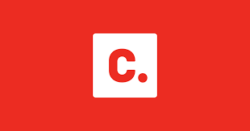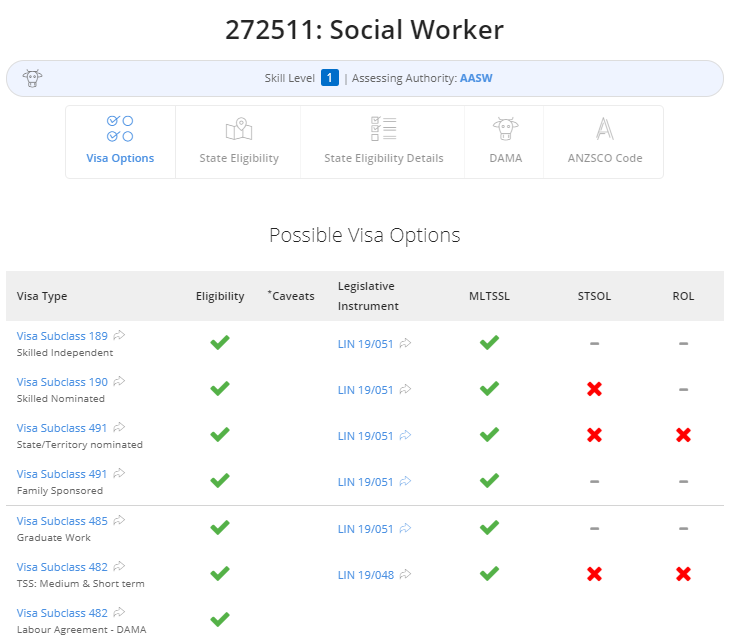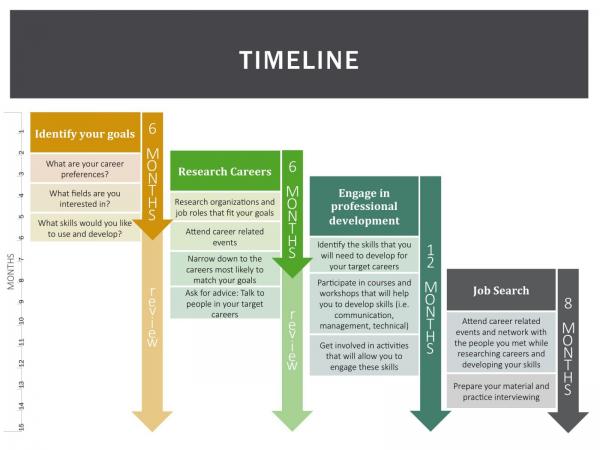
Before you start a career-change interview, make sure you are familiar with the typical types of questions. This article will show you some examples of career-change interview questions and give tips on how to answer them. Do not embellish or lie in your answers. Also, prepare well for the interview.
Questions and answers for career change interviews: Examples
Interview questions and answers for career changes can vary greatly. One thing you can expect is that the hiring manager will ask about your reasons for changing careers. The interviewer will ask about your reasons for making the career change and your transferable skills. These are important questions to ask if you wish to get the job.
Changing careers requires you to be excited about new challenges, and you need to have a passion for your new job. Your responses to interview questions about career changes should reflect your interest and enthusiasm for the job. Employers are interested in your ability to adapt to changing environments, how you handle different situations and how you approach new tasks.

Tips to help you answer questions regarding career transition interviews
If you are searching for a job, it is important to be aware of your strengths. This will help identify areas you can grow and help you find new opportunities. But you must avoid talking about the negative aspects in your current job field. You don’t want to appear unhappy or lacking knowledge in your field. Instead, be positive and talk about your strengths.
Do not mention proprietary or confidential information. For example, don't mention financial problems and a shrinking market share. It is important not to portray a negative image of your previous employer. However, you should mention some of the positive aspects of your last role, and discuss how you are able to transfer those skills to your new position.
In career change interview questions, don't lie
Answering career change interview questions is a good idea. Don't lie. The interviewer is looking for signs that you have a strong passion for the industry and are willing to educate yourself. If you are not able to come up with a book at the moment, talk about something else that shows your interest in the field. If the interviewer would like to dig deeper, they'll do so.
You should be ready to answer questions about your former employer and the reasons you left. While it's tempting to tell the truth about your previous job, employers can usually detect lies. Employers can detect lies if you tell the truth about your past job in marketing, but now want to work in construction.

Make sure you are prepared for a career transition interview
It is crucial that you prepare for your career change interview if there are any plans to make a career change. The interviewer wants to see that you're committed to a career change and have some transferable skills. Although you might be interested in a career change, it's important that you don't stick with the same job you have always held.
You must first know your self. You should identify your strengths and passions. Next, determine the options available to you and begin exploring them. It is worth investing time and learning skills to change your career path, even if it is too late.